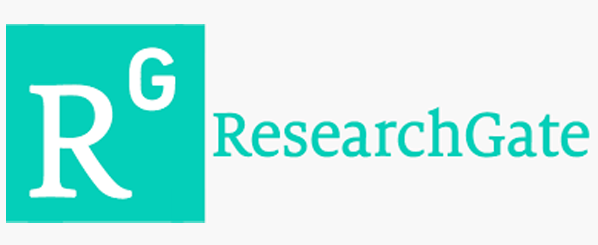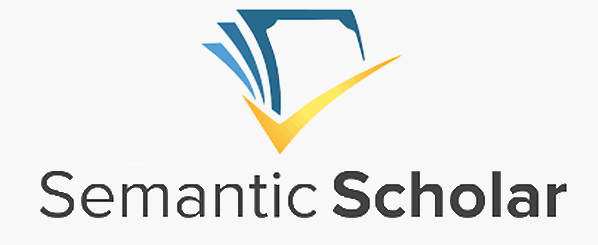Artificial Intelligence Assistance in the Prediction of Depth of Invasion in Malignant Colorectal Polyps
Annie Shergill* and Luis Nasiff
Larkin Community Hospital, Palm Springs Campus, Hialeah, FL, USA
*Corresponding author
Annie Shergill, Larkin Community Hospital, Palm Springs Campus, Hialeah, FL, USA.
Artificial Intelligence (AI) based computer-aided diagnosis is steadily gaining ground in the management of colorectal lesions. So far, the conversation has focused on AI application in detecting colorectal lesions that endoscopists may otherwise miss or enhancing the detection of these lesions. But an equally important matter of conversation is detecting the extent of invasion in malignant colorectal lesions by assessing the depth of the lesions detected. We review pertinent literature evaluating the use of AI in this aspect.
The depth of a colorectal lesion is essentially key in determining its malignant potential and also in deciding whether a lesion can be successfully resected endoscopically. But there is no clear objective diagnostic mechanism to assess the depth besides aggressive training and experience. However, this might change in the future with the advent of a targeted AI powered computer-aided diagnostic system aimed to evaluate the depth of malignant colorectal lesions.
Lu et al developed a deep learning model referred to as Endo-CRC for assessing the depth of invasion of colorectal lesions by using both image enhanced endoscopy and white light endoscopy [1]. Images using both the modalities were combined into 4528 image pairs for noninvasive, superficial colorectal cancer and deep colorectal cancer which were used for internal and external testing. The performance was then compared with expert endoscopists. Two deep learning models for either white light endoscopy or image enhanced endoscopy images were also tested and compared with Endo-CRC. When Endo-CRC was compared with endoscopist performance, it demonstrated an accuracy level of 88.1%. Endo-CRC had higher accuracy when compared with models that used white light or image enhanced endoscopy alone.
Overall, AI aided diagnostic modalities may change the way we manage potentially life-threatening conditions in the field of gastroenterology. Further prospective trials will be indicated to incorporate such technology in routine practice.
References
- Zihua Lu, Youming Xu , Liwen Yao, Wei Zhou, Wei Gong, et al. Real-Time Automated Diagnosis of Colorectal Cancer Invasion Depth Using a Deep Learning Model with Multi-Modal Data. 2022.


















